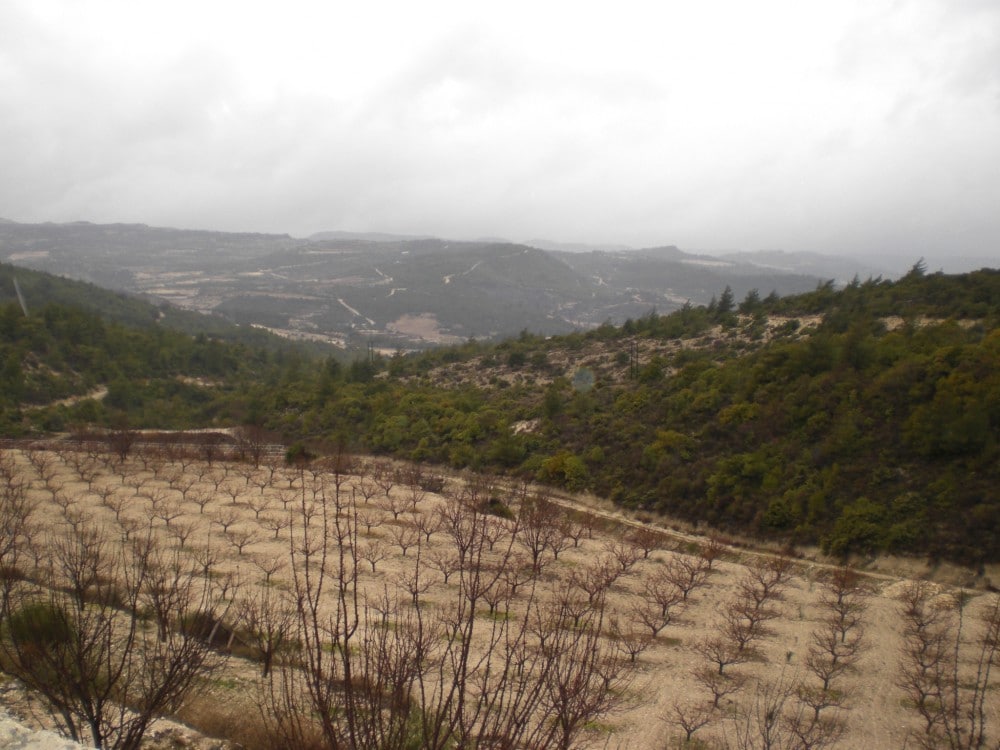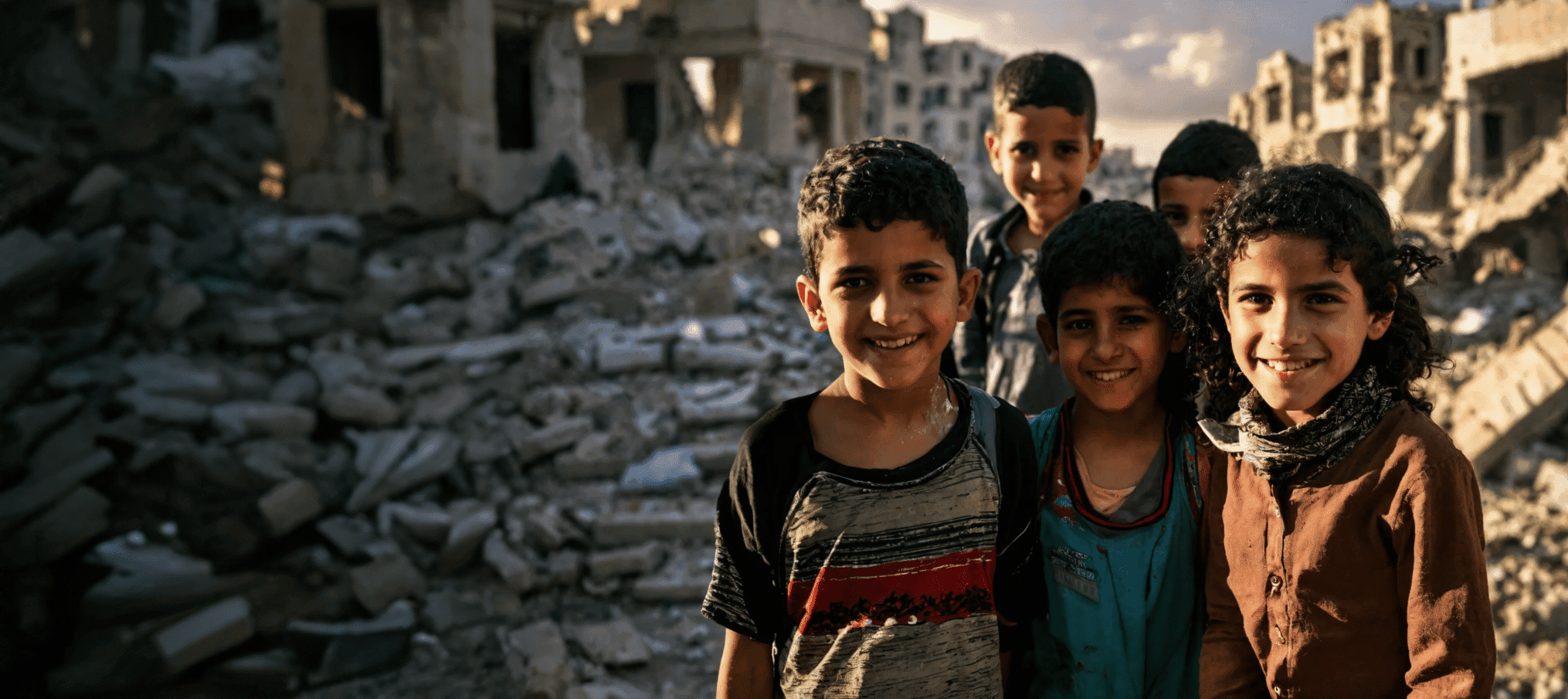
We reproduce below part of an article (in Italian) that appeared in “Avvenire” giving a first-hand account of the difficult situation in Syria.
“We have lived in Syria for more than seven years and love this country and its people. We are angry and feel impotent at seeing the type of news that is circulating in Europe and influencing opinion, eliciting support for international sanctions, one of the most unjust tools that the West uses to keep its hands clean while manipulating the lives of other peoples. (…) By now the violence carried out by the so-called liberators in cities, in villages, on highways, has become so widespread and brutal that the people have no other wish than to see them defeated. The abuses have been continuous: killings, houses and goods requisitioned or burned, people including children used as human shields. It is the rebels who have been blockading the roads and opening fire on cars carrying civilians, raping and massacring and kidnapping into order to extort money from the families of the victims. Is this all made up? On the evening of Good Friday, not far from where we live, they killed a young man and wounded two others, who were returning to their homes to celebrate Easter. The dead man was 30 years old and came from our village. He is not the first among our people to pay with his life. (…)
Among the most urgent requirements is obtaining milk for children. The price of a carton has doubled, rising from 250 to 500 Syrian lire (at a time when the daily wage of a worker is 700-800 lire). Animal feed has also become scarce: the few containers available have increased in price from 650 to 1,850 lire. Medicines are in short supply, and electricity is infrequent since the rebels have blown up a number of generating stations and transmission lines. There is no heating oil (and the winter has been particularly harsh this year), since Syria is unable to export its crude petroleum in exchange for refined petroleum. The tractors have thus been forced to stop and the land cannot be worked. The garbage trucks have also been blocked. There are also difficulties with water supply since the pumps run on gasoline. In our village and the neighboring one – which share the same well – there is water only once a week, and then only for 3-4 hours. There is a real risk of a famine in the near future: soon there will be a shortage of grain and hence of bread, the only food that, up to now, the government has managed to distribute at a controlled price, even to the poorest.”

















